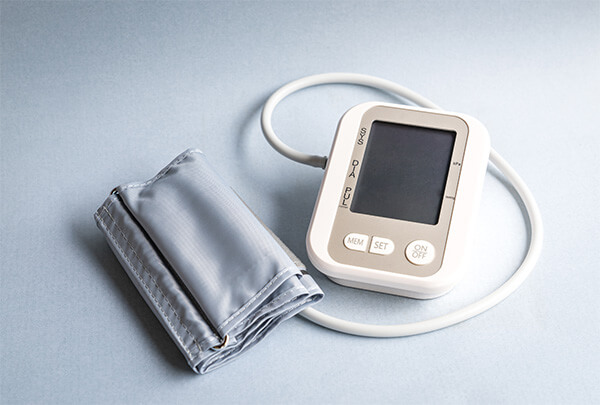 In medical applications, quality control is essential for ensuring safe and effective product performance. Medical devices, instruments, and components often operate within extremely tight tolerances, where even the smallest discrepancy can have significant consequences. This means that even the die-cut components for medical applications must be able to achieve the highest degrees of dependable performance.
In medical applications, quality control is essential for ensuring safe and effective product performance. Medical devices, instruments, and components often operate within extremely tight tolerances, where even the smallest discrepancy can have significant consequences. This means that even the die-cut components for medical applications must be able to achieve the highest degrees of dependable performance.
How Precision and Quality Control Impact Performance
The medical industry implements stringent quality control measures for healthcare and medical products. These standards are critical to ensuring safety, functionality, and compliance with rigorous industry standards. The following are seven areas that are affected by quality control, and how they impact the overall medical product value and performance.
1. Ensuring Safety
Medical components often interact directly with patients, whether they’re used in diagnostic equipment, wearable devices, or wound care products. Imprecise die cuts can lead to sharp edges, poor-fitting seals, or compromised materials that can cause irritation or injury. Quality control is essential to catch defects early, ensuring that every component adheres to exact specifications and poses no risk to patient safety.
2. Achieving Standards
Purity and sterility are vital in medical applications. Precision die cutting ensures that components fit perfectly into their assemblies, reducing gaps where bacteria or other contaminants might infiltrate and collect. Rigorous inspection processes confirm that all components meet sterility and hygiene standards, especially for single-use items like surgical masks, adhesive dressings, or IV tube reinforcements.
3. Regulatory Compliance
The medical industry is heavily regulated, with strict requirements set by bodies like the FDA and ISO. Precision die-cut components are essential to meet these stringent standards, but quality control is what ensures consistent compliance across every batch. Comprehensive testing and inspection protocols verify that every component meets the required specifications, avoiding costly recalls and ensuring market readiness.
4. Design and Function
Medical devices often incorporate die-cut components like sensors, adhesives, and seals. These components must perform consistently under specific conditions, such as high temperatures, moisture, or pressure. Precision die cutting ensures that components maintain their integrity and functionality. Quality control processes ensure that no defective parts compromise the overall performance and reliability of the device.
5. Innovation
The medical industry is constantly innovating, creating smaller, more complex devices to improve medical care. Precision die cutting enables manufacturers to develop intricate designs with tight tolerances, while quality control ensures that these designs are executed flawlessly. By verifying each component through detailed inspections, manufacturers can confidently deliver the complex, high-performing parts demanded by cutting-edge medical applications.
6. Reducing Costs
Precision in die cutting not only enhances quality but also reduces material waste. High-accuracy cutting processes minimize scrap and ensure that raw materials are used efficiently, lowering production costs. Quality control further supports cost efficiency by identifying potential process inefficiencies and preventing defective components from reaching assembly, reducing downtime and costly rework.
7. Building Trust
Quality medical products made from precision die cut components help build a manufacturer’s reputation for reliability and excellence, and quality control solidifies trust. Healthcare providers and patients rely on medical devices and components to work flawlessly. Quality control processes, including real-time monitoring and final inspections, ensure that every piece delivered to the market is consistent, reliable, and safe.
Why Choose Thrust Industries for Medical Die-Cut Components?
Precision die cut components backed by robust quality control systems are the key to medical product and application success. At Thrust Industries, we integrate precision engineering with rigorous quality control measures at every step of the process. From raw material inspections to final product testing, our commitment to excellence ensures that every die-cut component meets the highest standards for safety, functionality, and compliance.
Thrust Industries stands out as a trusted partner in the medical industry due in part to their high standards for precision and commitment to quality control. The team has a solid understanding of the unique challenges of medical applications through extensive industry experience. Thrust Industries provides die-cut components that meet the highest standards for accuracy, sterility, and compliance.
If you’re looking for a supplier who prioritizes precision and understands the critical nature of quality control in medical applications, Thrust Industries is your source for quality die-cut medical components. Contact us today to discuss your project.

 Enhancing Medical Product Manufacturing Through Quality Die Cutting Services
Enhancing Medical Product Manufacturing Through Quality Die Cutting Services